Team
Team leader
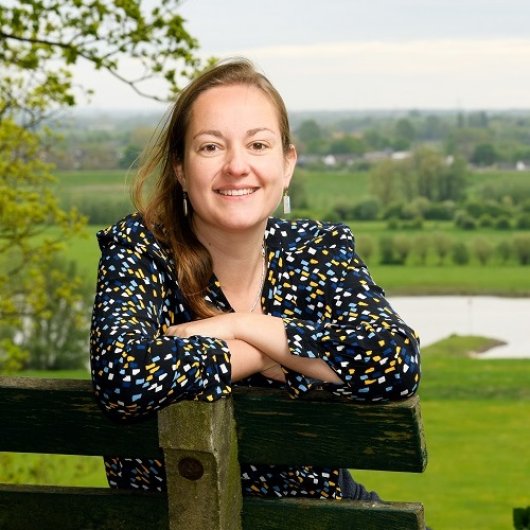
Hannah van Zanten
“A transformation of our food system is required to safeguard our planet for future generations”
More about
Dr. Hannah van Zanten is the project leader of the circular food systems project. She is Associate Professor at the Wageningen University Farming Systems Ecology group and visiting professor in the Department of Global Development at Cornell University. It is her ambition to unravel how circular food systems can contribute to producing healthy foods for a growing population within the carrying capacity of the Earth. Hannah graduated cum laude from Wageningen University in 2009 with a master’s degree in Animal Sciences. Her PhD project focused on the environmental benefits of using human-inedible-sources as livestock feed. Since graduating, again cum laude, for her PhD, she continued to work in this research-area with the Animal Production Systems group, and later with the Farming Systems Ecology group. She was awarded the NWO Talent Scheme grant (VENI) in which she aims to assess the role of animals in a circular food system. Her research shows that farm animals reared under a circular paradigm can play a crucial role in feeding humanity, while reducing the environmental impact.
Expertise: Circular food systems, environment, livestock, healthy diets, feed-food
Links:
Documents
(Publication) HHE van Zanten (2022). Upcycled non-competing feedstuff. Nature Food, 3(9), 681-681.
(Publication) HHE van Zanten, Van Ittersum MK, De Boer IJM (2019). The role of farm animals in a circular food system. Global Food Security 21, 18–22.
(Publication) HHE Van Zanten, Herrero M, Van Hal O, Röös E, Muller A, Garnett T, Gerber PJ, Schader C, De Boer IJM (2018). Defining a land boundary for sustainable livestock consumption. Global Change Biology 24, 4185-4194.
(Publication) Parodi A, Leip A, De Boer IJM, Slegers PM, Ziegler F, Temme EHM, Herrero M, Tuomisto H, Valin H, Van Middelaar CE, Van Loon JJA, Van Zanten HHE (2018). The potential of future foods for sustainable and healthy diets. Nature Sustainability 1, 782–789.
(Publication) Van Zanten HHE, Mollenhorst H, Klootwijk CW, Van Middelaar CE, De Boer IJM (2016). Global food supply: land use efficiency of livestock systems. The International Journal of Life Cycle Assessment 21, 747–758.
(Publication) Van Zanten HHE, Mollenhorst H, Oonincx DGAB, Bikker P, Meerburg BG, De Boer IJM (2015). From environmental nuisance to environmental opportunity: housefly larvae convert waste to livestock feed. Journal of Cleaner Production 102, 362-369.
PhD candidate
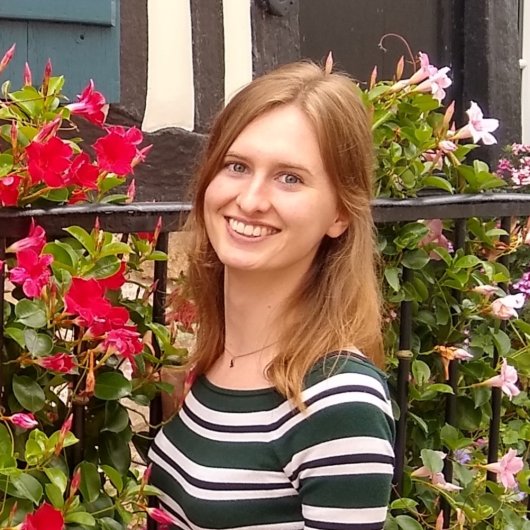
Demi Hordijk
“Working in an interdisciplinary manner towards sustainable, fair and healthy food systems"
More about
Demi is a PhD candidate at the Farming Systems Ecology group in Wageningen University. She studied the bachelor Biomedical Sciences at Maastricht University (2018) and did the master Nutrition and Health at Wageningen University (2021). During her masters, she specialised in epidemiology, public health and global nutrition. Her thesis focused on nutrient adequacy and food-based dietary guidelines adherence in different districts in Vietnam, and how these were influenced by the food environment. During her internship at Table, her interests broadened towards food systems, climate resilience and sustainability. Before starting her PhD, Demi worked as a Project Assistant in the CiFoS team.
Research assistant
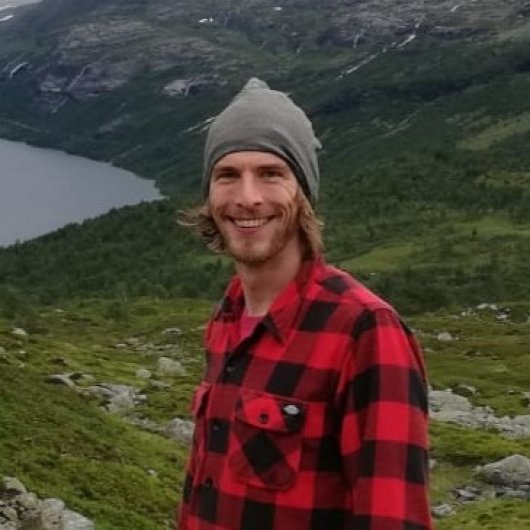
Jan-David Wacker
“We need appropriate tools to handle the complexity of our food system.”
More about
Jan-David started working as research assistant in 2021 at the Wageningen University and Research Farming Systems Ecology group. His role in the CiFoS team is maintenance of model data and code.
Jan-David graduated from Wageningen University with a BSc and MSc in Biosystems Engineering. During his studies he focused on dynamic modelling of biobased production systems. For his bachelor thesis he worked on modelling nutrient dynamics in aquaponic systems, for which he was awarded by the CLAAS Foundation. During his MSc he focussed on greenhouse technology. For his MSc thesis he applied Monte Carlo simulation to optimise greenhouse irrigation under uncertainties in evapotranspiration and drainage. After graduation he worked for one year on model-based optimisation of supplemental lighting in greenhouses at the NIBIO research institute in Norway.
Expertise: Dynamic modelling, statistic modelling, stochastic modelling, optimisation, data management, greenhouse technology
PhD candidate
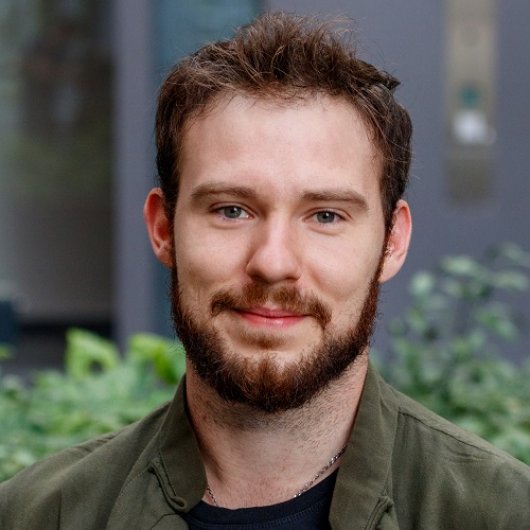
Felipe Cozim Melges
“Biodiversity is an insurance policy to maintain sustainable food systems”
More about
Felipe has started his PhD in 2020 at the Wageningen University and Research Farming Systems Ecology group in collaboration with the Netherlands institute of Ecology. His research focusses on securing biodiversity within circular food systems.
Felipe was born in Brazil, where he graduated at the University of Oswaldo Cruz as an Environmental Engineer in 2014. In 2017, he started the Joint International Master in Sustainable Development at the University of Leipzig, Germany. His MSc thesis focussed on the trade-offs between agriculture economy, food security and biodiversity. Felipe’s specialisation semesters was carried out in Environmental Change and Ecosystems in Universiteit Utrecht in the Netherlands. In 2018, Felipe started working as a research assistant at the German Centre for Integrative Biodiversity Research, where he focuses on the impact of land-use change on biodiversity.
Expertise: Land use change, modelling, biodiversity, food systems, environment
Links:
PhD candidate
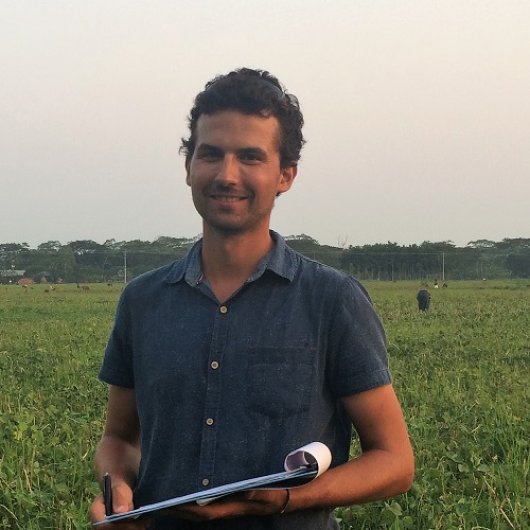
Wolfram Simon
“Using the power of global food system modelling to bring evidence-based knowledge about the complexity of circular food system.”
More about
Wolfram has started his PhD in 2020 at the Wageningen University and Research Farming Systems Ecology group in collaboration with the Commonwealth Scientific and Industrial Research Organisation, Australia. His research focuses on the potential of a circular food system on the effect of Nr and P biogeochemical cycles on a national and global scale.
He comes originally from Switzerland where, before starting his academic career, he did a two-year apprenticeship as an organic farmer. He graduated from the University of Kassel in Germany with a BSc on ‘sustainable agriculture’, focusing on alternative protein sources and edible insects. He was awarded the Helmut Claas Scholarship and the Haecker prize for his bachelor thesis, and graduated with honours. In his MSc program at Wageningen University, he focussed on assessing sustainable and climate-smart agricultural systems, and on ecological agroecosystem modelling.
Expertise: Crops, optimization modelling, nutrient flows, global food systems
PhD candidate
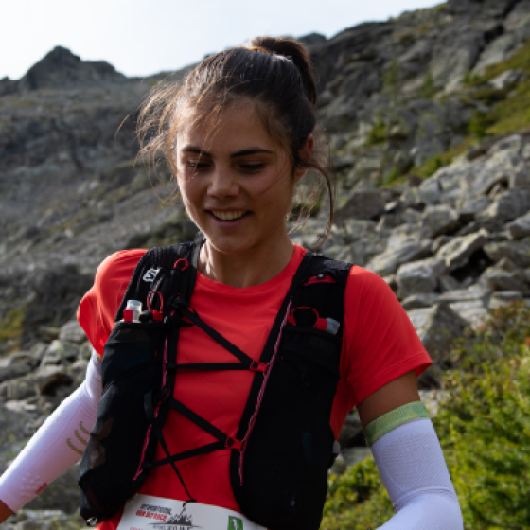
Renée Cardinaals
“Excited to understand the diverse ways in which animals can play a role in our global pathway to a healthy food system.”
More about
Renée is a PhD candidate at the Wageningen University and Research Farming Systems Ecologygroup. She graduated from Wageningen University in October 2020, with an MSc in Organic Agriculture. She holds a BSc degree in Animal Sciences and specializedin animal production systems during the MSc phase. Renée fulfilled both her internship and thesis at the Research Institute for Organic Agriculture (FiBL) in Switzerland. She developed an interest for food systems modelling and decided to continue her career at Wageningen University where she started her PhD in 2021. Her focus is on finding a balance between food choices that areenvironment-friendly and that safeguard human health. Her aim is to include the health value and nutritional quality of food products into the CiFoS model to account for the human health impact of food choices.
Expertise: Environmental Modelling, Environmental Impact Assessment, Global livestock systems
Links:
- Personal WUR page
- Research@WUR
Postdoc
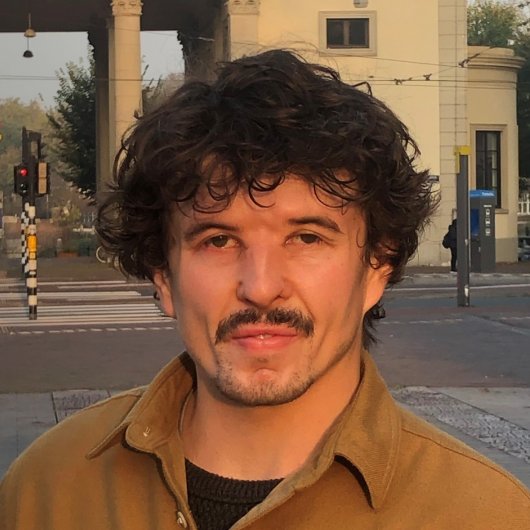
Loekie Schreefel
"Pathways towards sustainable food systems requires radical changes and tailor-made solutions across scales"
More about
Loekie is a Postdoctoral Research at the Farming Systems Ecology group of Wageningen University. Loekie was born in the Netherlands, where he graduated from the University of Applied Sciences with a BSc-degree in Mechanical Engineering. The focus of his BSc-thesis was the design of circular large-scale productions systems to produce housefly larvae for feed. His MSc-degree was obtained from the Wageningen University in Biosystems Engineering where he continued studying edible insects. From 2018 to 2022, Loeki performed his PhD research at the Farming Systems Ecology group and Animal Production Systems group of Wageningen University. His research focussed on the transition towards regenerative agriculture.
Expertise: regenerative agriculture, bio-economic modelling at the field and farm-level
Links:
PhD candidate
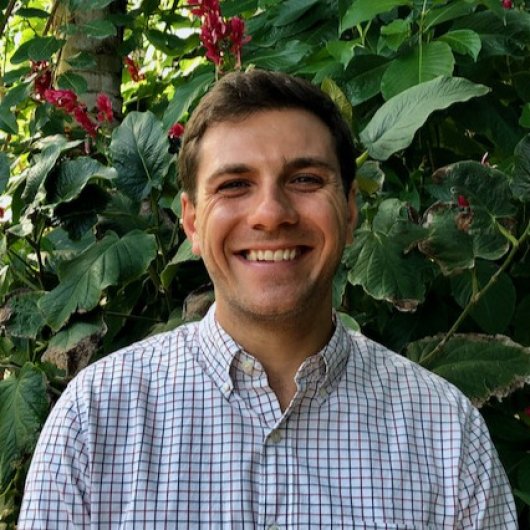
Clark Halpern
"Food system sustainability requires a radical redesign of our agriculture and food policies"
More about
Clark is a PhD student at Wageningen University and Research's Farming System Ecology group. He currently consults for the World Bank as a climate-smart agriculture analyst on several projects in Africa and East Europe. An American national, in 2021 he graduated cum laude from Wageningen University and ISARA-Lyon with MSc degrees in Organic Agriculture and Agroecology, respectively. His MSc thesis won the Unilever Research Prize 2021 for the top MSc student at Wageningen University and Research. Before his MSc degree, he gained experience in grassroots agriculture movements served as a US Government agriculture extension Peace Corps Volunteer in Ghana. These experiences are grounded in his undergraduate education at the University of Chicago, where he gained a BSc in Environmental Science and a BA in Biology, with a specialization in Microbiology. He volunteers on the secretariat of the Global Climate Smart Agriculture Youth Network. His PhD project focuses on modeling the economic and policy levers of change that can facilitate a transformation to circular food systems.
Links:
PhD candidate
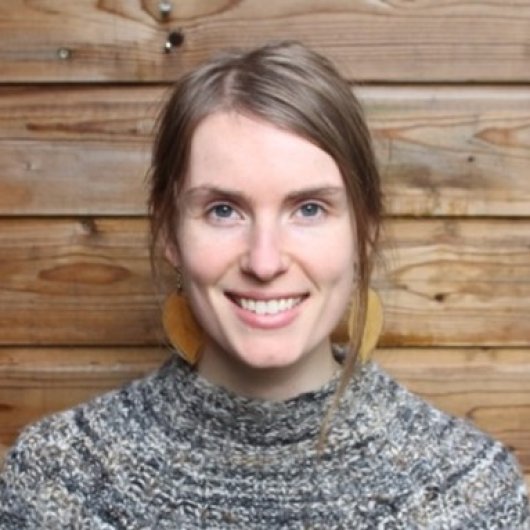
Wendy Jenkins
"In order to supply healthy diets to a growing population while preserving some semblance of nature, an interdisciplinary approach will be pivotal"
More about
Wendy started her PhD in 2021 at the Wageningen University and Research Farming Systems Ecology group. Her research aims to investigate how diet can be used to prevent species loss.
Wendy holds an honors bachelor’s degree in Environmental Biology from the University of Guelph, Canada and an MSc in Nutrition and Health from Wageningen University and Research, the Netherlands. Through her studies, Wendy has focused on the intersection of these two fields and bridging some of the gaps between them. This focus was applied in her MSc thesis, where she designed a model to maximize the nutritional output of an area of land, thereby reducing the land use required to feed people. Wendy also has experience working in the sphere of health communication and is the primary author of ‘The Portfolio Diet for Cardiovascular Disease Risk Reduction’ a cookbook and guide for patients and clinicians on following an evidence-based diet to reduce cholesterol while reducing environmental impact.
Expertise: Sustainable consumption/production, healthy diets, land use change, food systems, land sharing/land sparing
Links:
PhD candidate
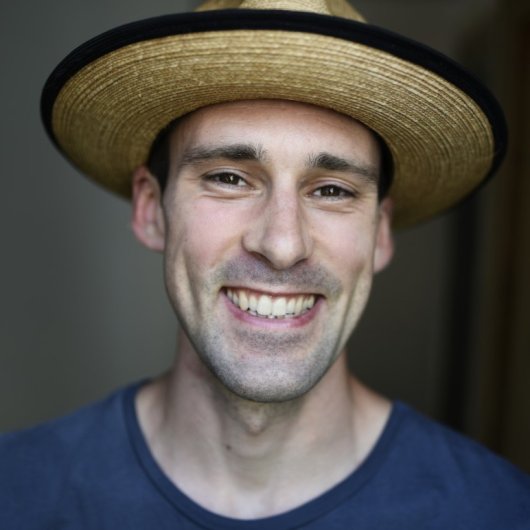
Enno Sonntag
"I'm passionate about re-designing food systems so that fungi and earthworms help us with nutrient cycling AND food production"
More about
I graduated as MSc in Agricultural Development from Copenhagen University with a thesis on the agroecology and value chain of Guatemalan cardamom, involving three months of independent fieldwork. The focus of my studies was on agroecology, plant-soil interactions, value chains and anthropology. I am fascinated by the complexity of food systems and the links between their parts.
Currently I work as a PhD researcher in the LandLessFood project at Thünen Institute of Organic Farming, which provides policy advice to the German ministry of agriculture. LandLessFood aims to build a circular food system which transforms organic residues into food and high-quality organic fertilizer during a two-step process involving edible mushrooms and earthworms. My role is to study the potential of raising earthworms as human food, using spent mushroom substrates as feedstock. Due to their high nutritional value and medicinal properties, edible mushrooms and earthworms have high potential for future human nutrition.
Links:
PhD candidate
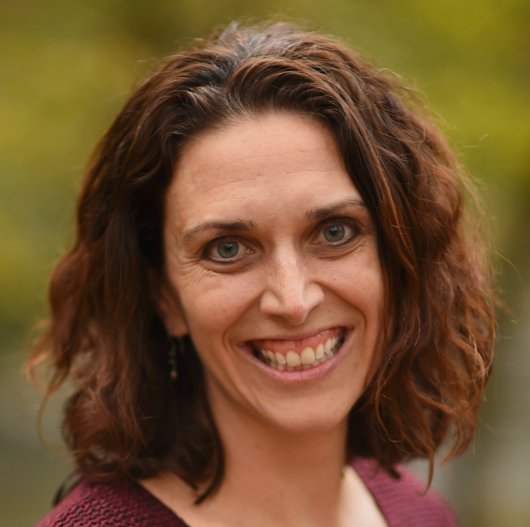
Katie Kennedy Freeman
"Government investment and international coordination will be necessary to boost circularity and achieve food system redesign"
More about
Katie Kennedy Freeman started in 2019 as an external PhD candidate at the Wageningen University and Research Farming Systems Ecology group. Her research is focused on nutrient circularity, land optimization for circularity and measurement for tracking and verification towards NDCs in Uruguay.
Katie is currently a Senior Agriculture Economist at the World Bank. Katie joined the World Bank in 2012. She spent her first year working on energy access issues in Africa with the Energy Sector Management Assistance Program (ESMAP) and subsequent years in the Latin America and Caribbean region on issues related to climate smart agriculture, risk management, on-farm circular economy, biomass to energy, productive uses of energy for agriculture, agro-logistics, cold-chain development and digital agriculture. Prior to joining the Bank, Katie worked at the Earth Institute at Columbia University implementing energy access and digital agriculture programs in Africa and Haiti and the United States Agency for International Development (USAID) supporting agricultural value-chain development programs in East Africa. Katie started her career as a United States Peace Corps Volunteer working with coffee farmers on the border of the Dominican Republic and Haiti. Katie holds a Master’s degree in Political and Economic Development from the Harvard Kennedy School and a Bachelors in Political Science from Georgetown University.
PhD candidate
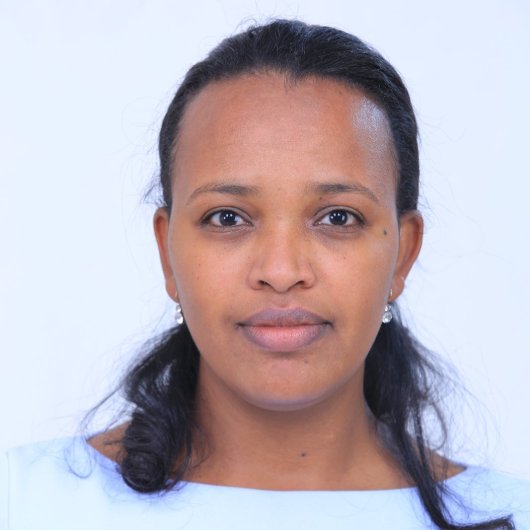
Ruth Mijena
"Enthusiastic to comprehend the paradigm shift that circular food system brings in the developing countries"
More about
Ruth Bekele started her PhD in 2021 in the Farming Systems Ecology Group (FSE) at Wageningen University and Research (WUR). She has been working as a researcher in Ethiopian Institute of Agricultural Research (EIAR) in Food Science and Nutrition Research Directorate (FSNRD). She was also a member of different technical committees for national and international food and nutrition projects in Ethiopia. It has always been her passion to contribute for the development of sustainable food system in Ethiopia. Her current hD study is titled “The potential of circular food system in Ethiopia : for sustainable healthy diets and environment”.
Ruth received her BSc in Agricultural and Biological Engineering (2011) from Haramaya University, Ethiopia. She then served as an assistant lecturer at Ambo University in agricultural engineering courses. In 2013, she was granted a scholarship and studied Food Processing Technology and Renewable Energy at Anand University, India. Ruth specialized in food processing technology and developed sesame fat spread as new food product for her thesis study.
Expertise: Agricultural engineering, food and nutrition, product development and innovation
Links:
PhD candidate
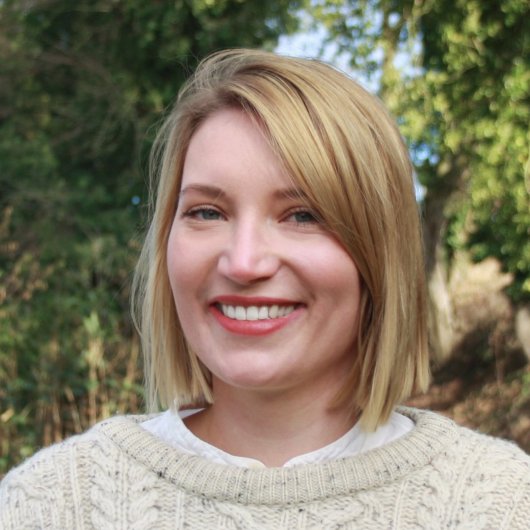
Laura Schütz de Rivera
"Tailormade pathways are needed for co-creating sustainable food futures"
More about
PhD candidate
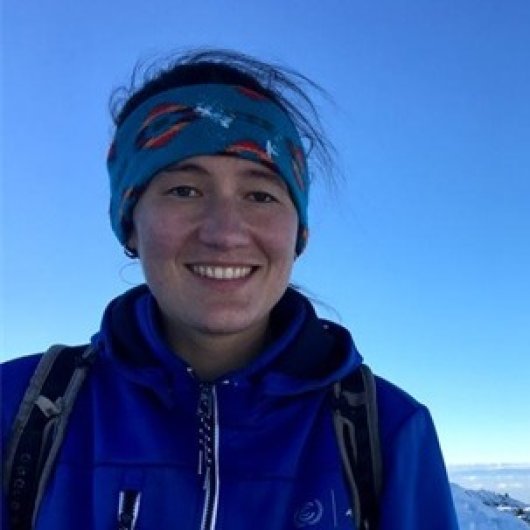
Laura Gerwien
"Linking global food systems modeling and local transition pathways"
More about
Laura Gerwien is a Ph.D. candidate at the Research Institute of Organic Farming (Fibl) in Switzerland, collaborating with the Farming Systems Ecology Group (FSE). Her research focuses on modeling environmental, dietary, and social implications of the adoption of circularity principles in the food systems of several case countries. The aim is to inform locally adopted transition pathways which take social outcomes and drivers into account. After a bachelor's in agricultural sciences at the Technical University of Munich (TUM), she combined the study of agroecology and development economics in a double master’s program at Wageningen University and Research (WUR). In her master thesis projects, she focussed on the development opportunities of smallholder farmers applying farming systems modeling and econometric impact assessment methods.
Expertise: Food Systems Modelling, Socio-Economic Impact Assessment
PhD candidate
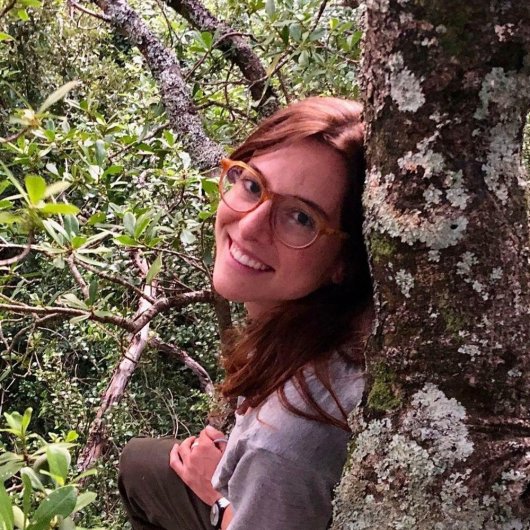
Carolina Balian
More about
Carolina has started her PhD in February 2022 at Wageningen University and Research, within the Farming Systems Ecology and Wildlife Ecology and Conservation groups. Her research project focuses on sustainable beef production systems in Uruguay integrating the economic and ecological perspectives.
Carolina graduated from the University of the Republic of Uruguay, with a BSc in Economics. She has a postgraduate degree in Economics and Law of Climate Change from the Latin American Faculty of Social Sciences.
She worked as an Advisor in Natural Resource Economics and Climate Change in the Office of Agricultural Planning and Policy of the Ministry of Agriculture of Uruguay. She participated in the elaboration of the National Adaptation Plan for Agriculture, as well as in international climate change negotiations related to agriculture under the UNFCCC. She also worked at the United Nations Development Program on the management of environment projects.
Expertise: Agricultural Policy, Climate change, Bioeconomy, Cost-Benefit Analysis
Links:
Postdoc
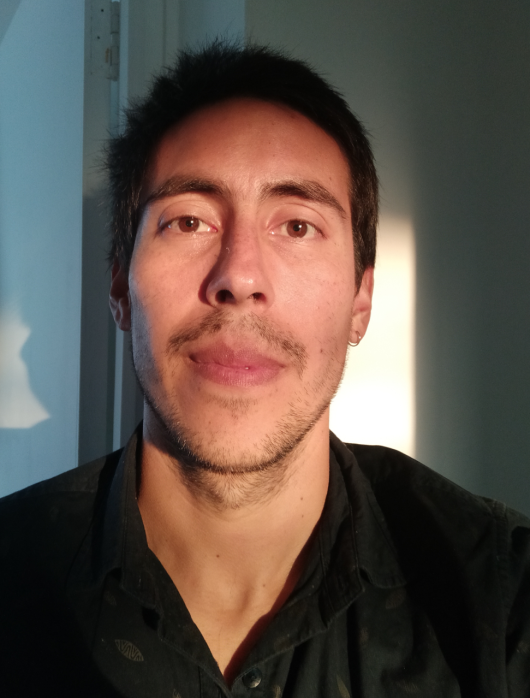
"Using systems thinking to face the complex challenges of human biophysical systems"
Alejandro Parodi
More about
Alejandro Parodi is a postdoctoral researcher at the Farming Systems Ecology group of Wageningen University. After obtaining a BSc. in Biology in his homecountry Peru, he worked in biodiversity conservation innitiatives in the Peruvian Amazon. In 2016, Alejandro moved to the Netherlands to pursue a MSc. in Sustainable Agriculture. In 2018 he started his PhD research "Farmed insects for sustainable food systems" in Wageningen University and graduated in 2022 with the cum laude distinction. Alejandro's research focus on exploring if and how different innovations can contribute to the transition towards sustainable food systems. In the CiFoS team, Alejandro is involved in the supervision of PhD candidates, coordination of projects and in the further development of the CiFoS model.
Expertise: Insects as food and feed, life cycle assessment, biophysical modelling, agroforestry, circular food systems
Links:
